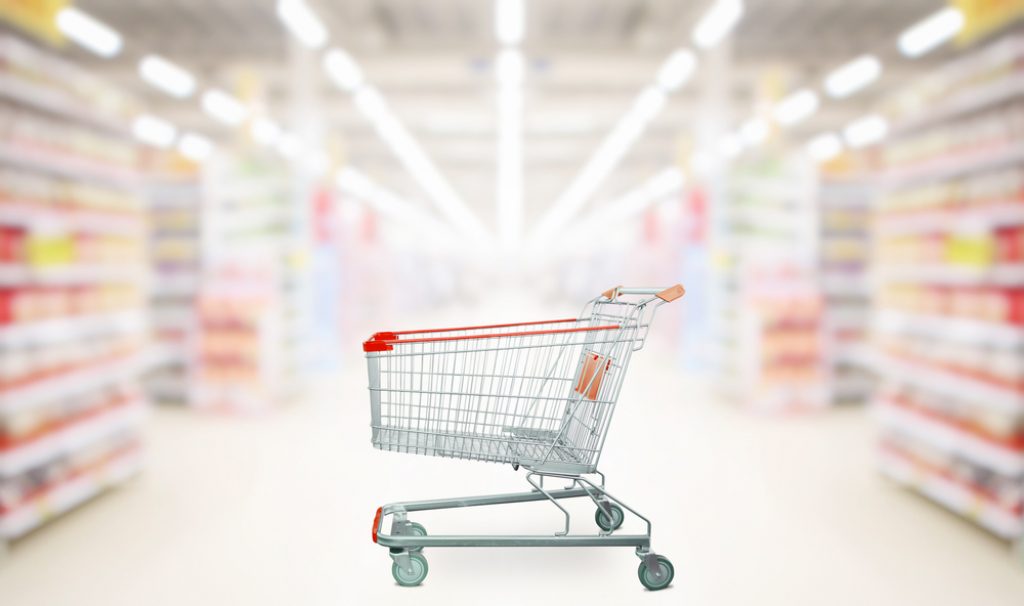Food and non-food inflation has been "brought to a heel" but geopolitical tensions “pose a threat to future price stability”, according to the British Retail Consortium (BRC).
Shop price annual inflation eased to 0.8% in April, down from 1.3% in March, taking the rate below the three-month average rate of 1.4%. This means prices are still rising, but at a slower pace.
According to the BRC, shop price annual growth is now at its lowest since December 2021.
Turning to food inflation, the rate cooled to 3.4% in April, down from 3.7% in March. Again, this figure is lower than the three-month average rate of 3.9%. The latest decline marks the twelfth consecutive deceleration, with inflation in this category at its lowest since March 2022.
Fresh products such as butter, fish and fruits also continued to fall in price due to easing input costs and intense competition between grocers.
Elsewhere, the BRC noted that the non-food category entered deflation at -0.6%, down from 0.2%. Here, this is the lowest rate recorded since October 2021.
The BRC said both food and non-food have seen shop inflation rates ease to “more manageable levels”, with April recording price falls in clothing and footwear as retailers “ramped up promotions” to encourage footfall.
‘Inflation normalising’ but ‘threat to price stability’
Helen Dickinson, chief executive of the BRC, said: “One year on from the peak, shop price inflation levels are showing signs of normalising, providing relief to households.
“While consumers will welcome the lower shop price inflation, geopolitical tensions and the knock-on impact on commodity prices, like oil, pose a threat to future price stability. Retailers will continue to do all they can to keep prices down, but Government has a role to play with pro-growth policies that allow businesses to invest in the customer offer.”
Mike Watkins, head of retailer and business insight at NielsenIQ, said: “Whilst top-line retail growth has slowed in recent weeks as food inflation has fallen, it is good news for shoppers that the cost of their grocery shop is starting to stabilise and that the prices of many non-food goods are now cheaper than a year ago. To help shoppers manage household budgets, retailers continue to promote. This provides further savings, and we expect this to continue to help drive overall demand.”
Related: Best of the British aisles: The freshest supermarket offers





